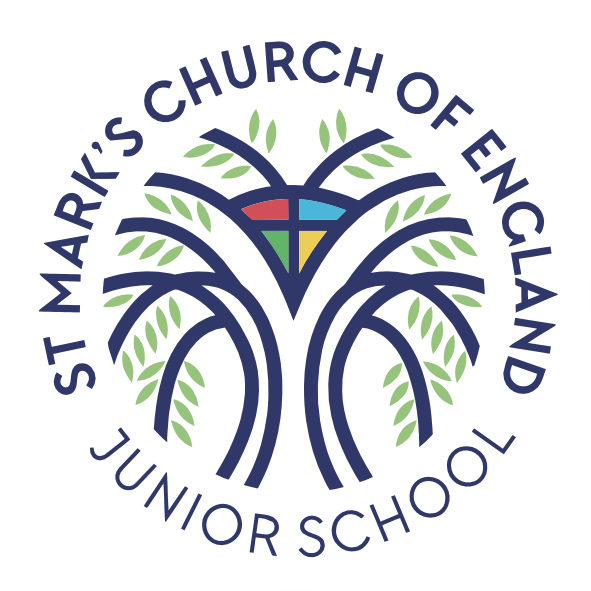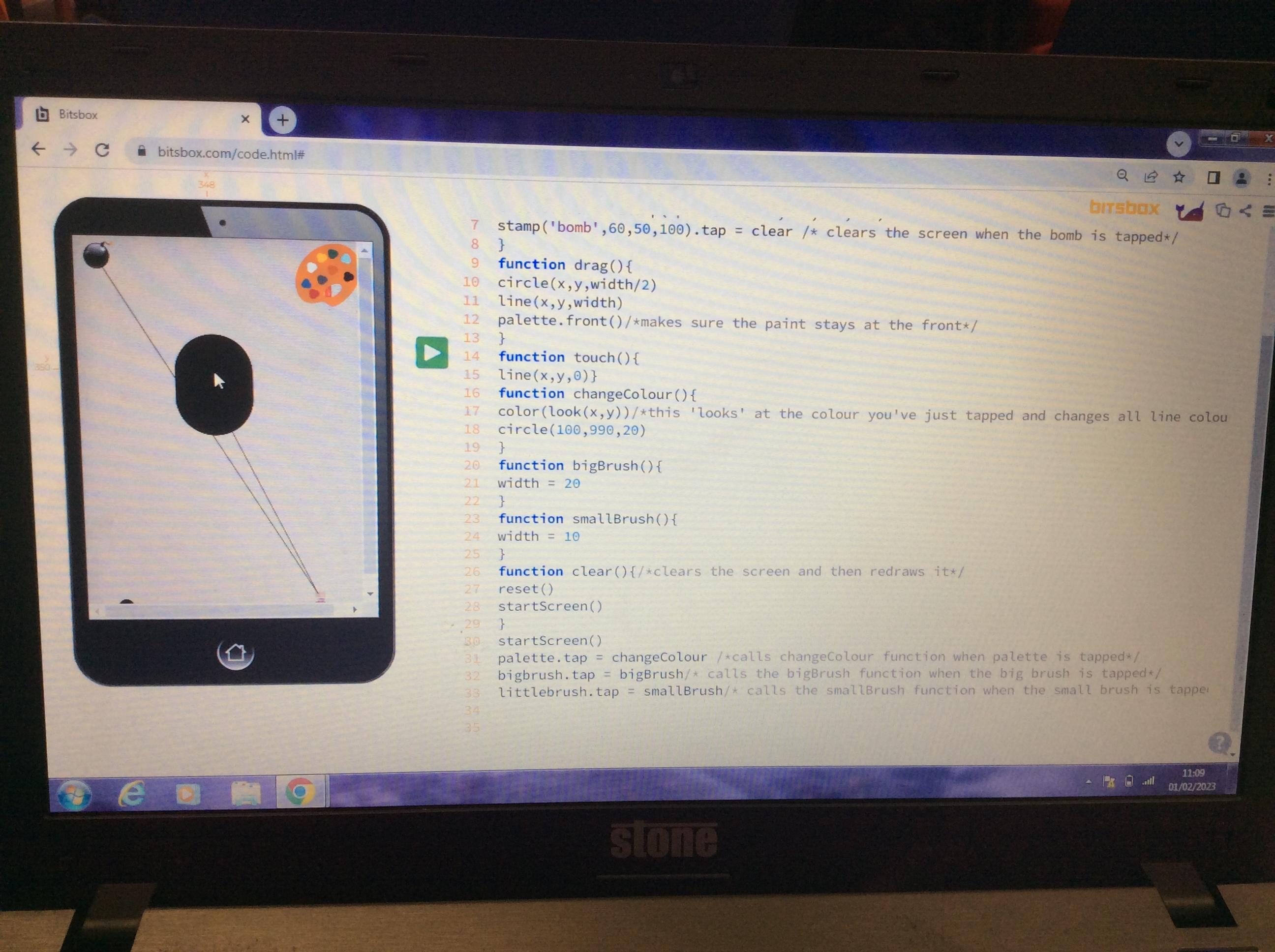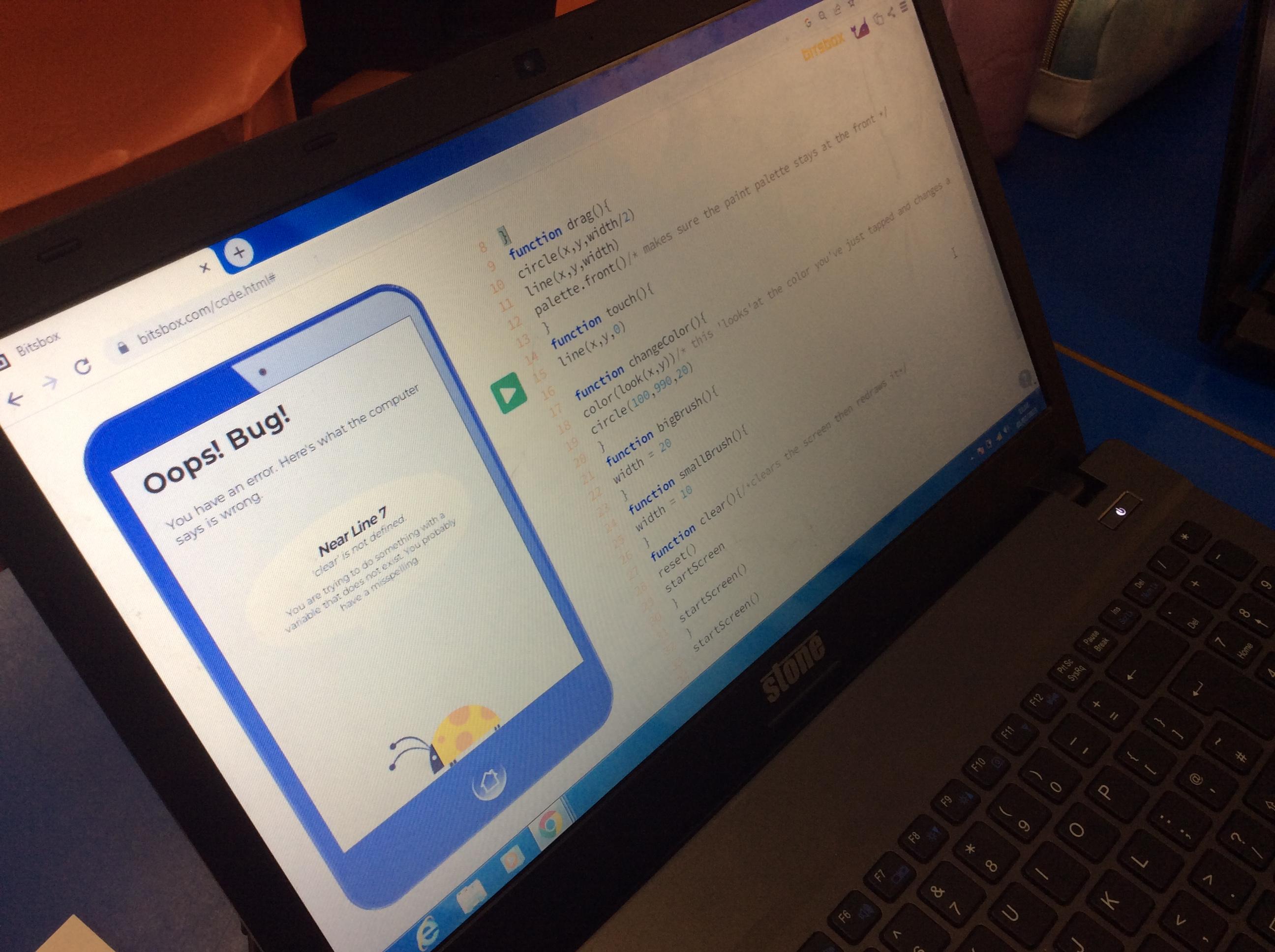Computing
Computing at St Mark's
What does Computing at St Mark's look like....?
We believe that computing is an essential part of the National Curriculum. Computing is an integral part of modern day life and therefore provides a wealth of learning opportunities, explicitly within computing and also across other curriculum subjects. Through the study of computing, children are able to develop a wide range of fundamental skills, knowledge and understanding that they will need for the rest of their lives. Computers have become a part of everyday life. For most of us, technology is essential to our daily lives, at home and at work. ‘Computational thinking’ is a skill children must be taught in order to provide them with essential knowledge and skills that will enable them to participate effectively in the digital world.
Intent
At St Mark’s C of E Junior School, we aim to prepare our learners for their future by giving them the opportunities to gain knowledge and develop skills that will equip them for an ever-changing digital world.
- Using I-Compute Scheme and Project Evolve to develop a rich, ambitious curriculum for all pupils that meets the requirements of the National Curriculum and to equip teachers with subject knowledge support.
- Knowledge and skills progression is clearly mapped out to reflect a balance of provision: computer science, digital literacy, information technology, computational thinking
- End of unit outcomes have been designed to link to the wider curriculum for purpose, for children to recognise the value of how computing can contribute to their wider experiences, rooted in real life scenarios.
Online safety
The safety and wellbeing of our pupils is of the utmost importance. Whether at home or school, online safety is crucial as we want our children to feel safe and act responsibly when engaging with content online. Aware of the ever-changing nature of the online environment, we are striving to strengthen and update the children’s understanding through sessions taught weekly. We also recognise that external expertise is beneficial to our whole school community. Our Year 6 pupils receive sessions from the School Beat Team Gloucestershire, who deliver bespoke inputs: Internet Safety, Online Relationships and Drugs and Peer Pressure over 3 terms. We also send out a monthly online safety newsletter to parents.
Our online safety sessions, following a programme from Project Evolve, cover eight key topics:
- Self image and identity
- Online relationships
- Online reputation
- Online bullying
- Managing online information
- Health, wellbeing and lifestyle
- Privacy and security
- Copyright and ownership
Our intention is that Computing also supports children’s creativity and cross curricular learning to engage children and enrich their experiences in school. Laptops and iPads are used widely across the curriculum. We also aim to run a coding club every year to allow children to access extra-curricular computing activities within school.
Implementation
The ‘St Mark’s Computing Curriculum’ clearly shows which units should be taught when to ensure progression within and between year groups.
Computing is taught weekly. Teachers use the planning to enable them to teach the unit of work. Lessons are adapted to suit the needs of the class and other curriculum subjects being taught simultaneously. Subject knowledge support is readily available through the schemes of work and also by asking the Computing Lead or through our supportive school community.
Online safety will be taught weekly using Project Evolve and linked with other areas of the curriculum where possible: anti- bullying week, health week and Safer Internet Day.
Due to the changing nature of the digital world and the speed of new gaming technologies, we have recognised that some basic skills in word processing and presentational devices have declined. Therefore, the Year 3 children will begin with a "Crash Course" in Microsoft Word and Powerpoint.
Please see below for the Computing Curriculum Plan, created by Subject Lead Mrs Leanne Bonser
What does "Mastery" in Computing actually look like?
Mastery is obtaining a greater level of understanding and being able to apply learning in a different context.
Open-ended challenges allow learners to develop computational thinking. They provide a way for learners working at mastery level to develop their knowledge and skills independently. At the same time they can be used with others in the class to allow them to be part of developing the process, skills and understanding to achieve a particular outcome.
Top Tips for Parents..


